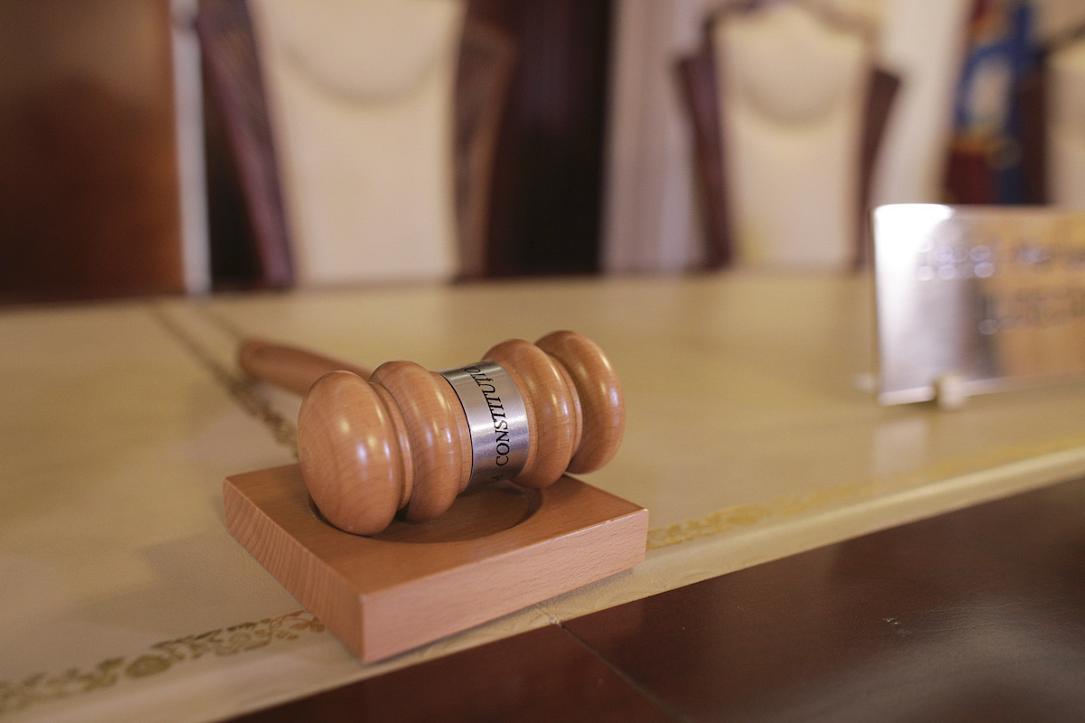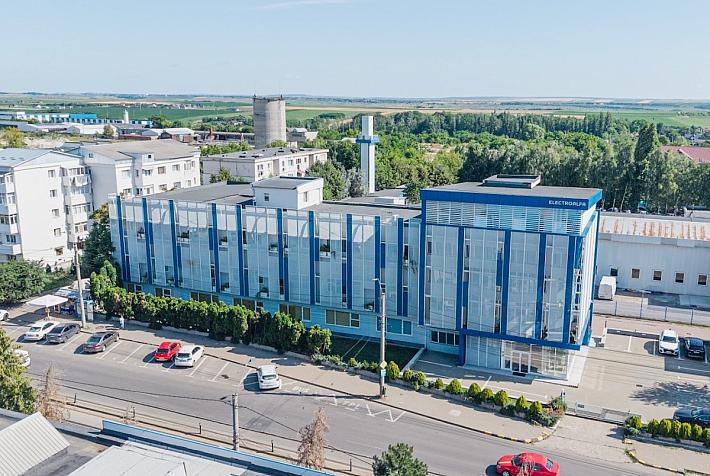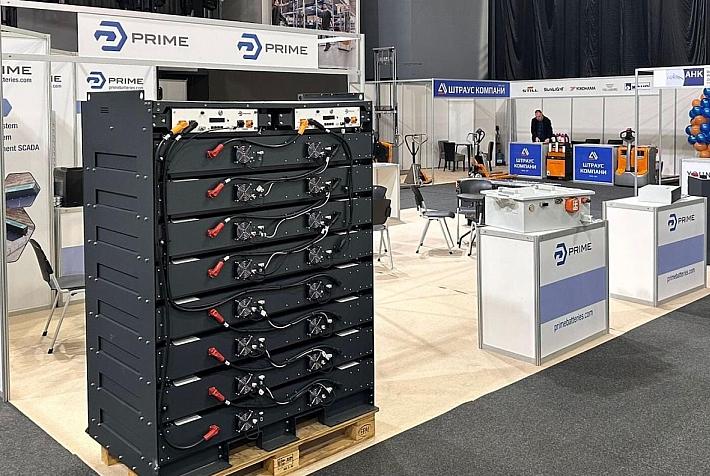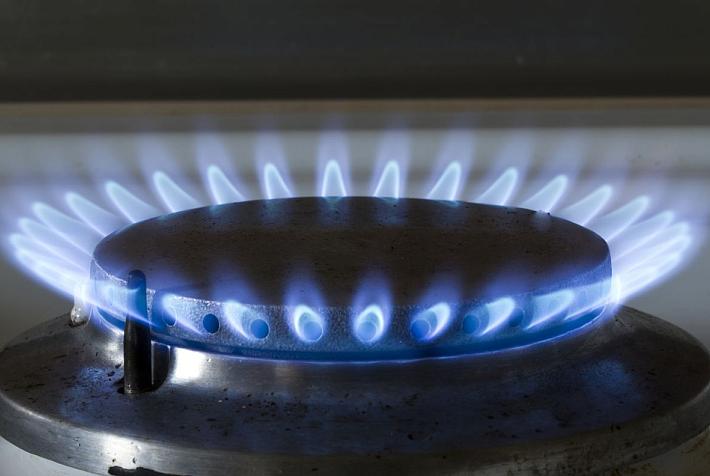Romania's Constitutional Court keeps at 10 years the required seniority of anticorruption magistrates

Romania's Constitutional Court ruled against a bill endorsed by the ruling coalition that provisions a smaller minimum required experience for the anticorruption magistrates, of only 7 years compared to 10 years currently.
The High Court (ICCJ) objected to the new regulations proposed by the ruling coalition and endorsed in Parliament.
Minister of justice Stelian Ion claims that the impact on the activity of the National Anticorruption Directorate (DNA) and the Directorate for Investigating Organized Crime and Terrorism (DIICOT) is significant since both institutions need personnel. At the same time, the prosecutors take advantage of the existing regulations and seek to retire until tighter regulations are enforced.
While DNA, DIICOT and the prosecutors from the Superior Council of Magistracy (CSM) supported the need to reduce the minimum required seniority for prosecutors, the judges from the CSM expressed different views, supporting the CCR decision and harshly criticizing minister Stelian Ion, Hotnews.ro reported. Judges Lia Savonea, Gabriela Baltag and Evelina Oprina, who challenged the reforms proposed by Stelian Ion, have a voice in the CSM's section for judges.
The section for judges of the CSM informed, through a press release, that the decision of the Constitutional Court represents "a validation of the point of view expressed by the Plenum of the Superior Council of Magistracy through the negative opinion issued."
andrei@romania-insider.com
(Photo source: Inquam Photos/Octav Ganea)













